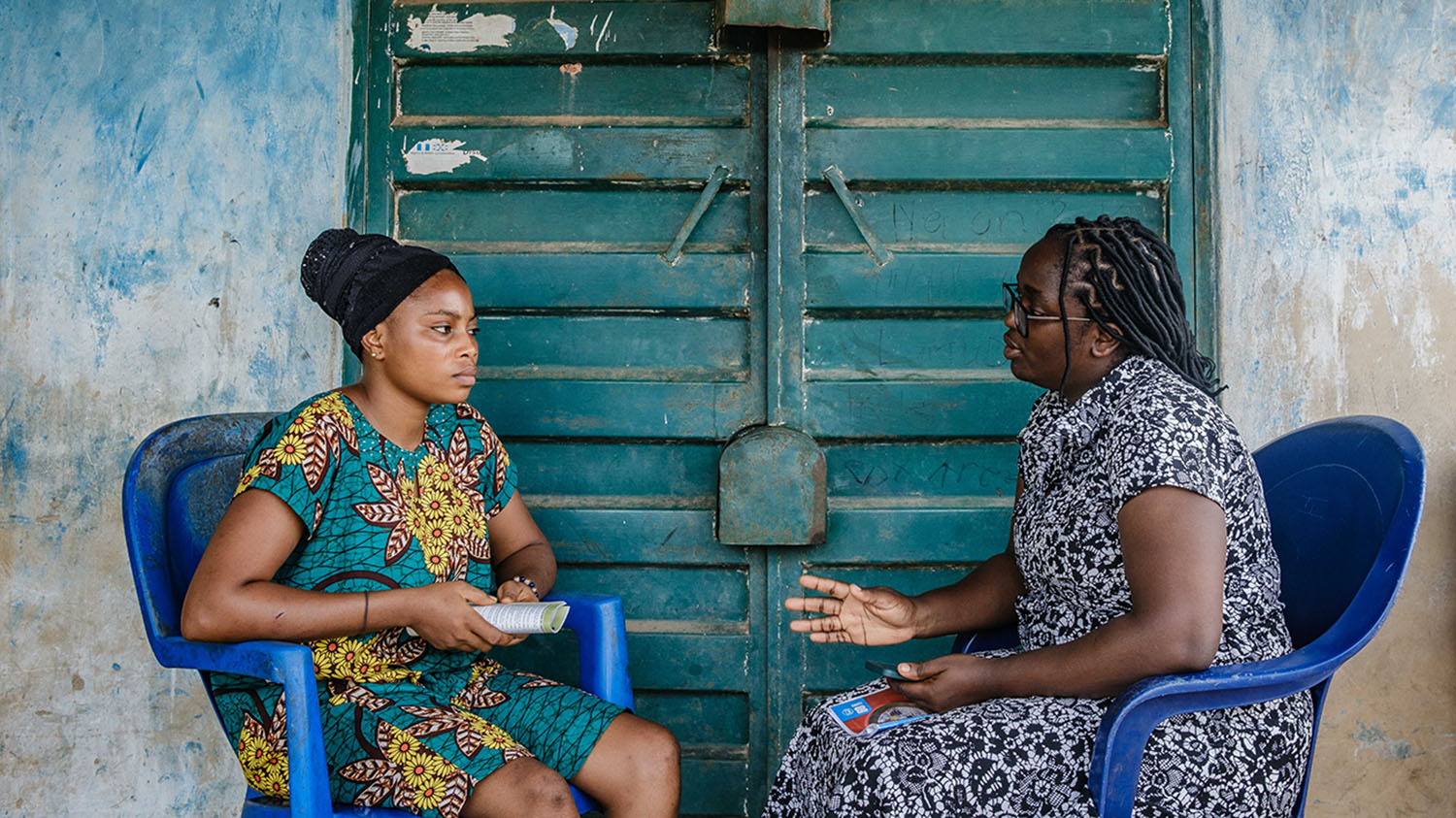

So instead of moving forward with the planned guidance and structure, we paused our work and talked to the women. Our conversation then moved beyond the medical applications of FGS. We listened to their perspectives as we listened to their stories, and in doing so discovered levels of understanding that went beyond our original goals.
One woman spoke candidly about her experience and left a lasting impression on me. Her story represented the struggle of many women in the community. She said women don’t know about FGS, yet many experienced the symptoms we described and some felt uncomfortable talking to others about her health. But despite their discomfort, many women had received treatments (contemporary or herbal) that proved ineffective.
After talking to the women and listening to their concerns, we alleviated their concerns about being examined and explained that all of the data collectors, interviewers, and gynecologists on the team were women. We also decided to take a more personal approach to qualitative data collection. Instead of conducting planned focus group discussions, we conducted an in-depth discussion with each of the women, allowing them to speak privately with us and without other community members present.







